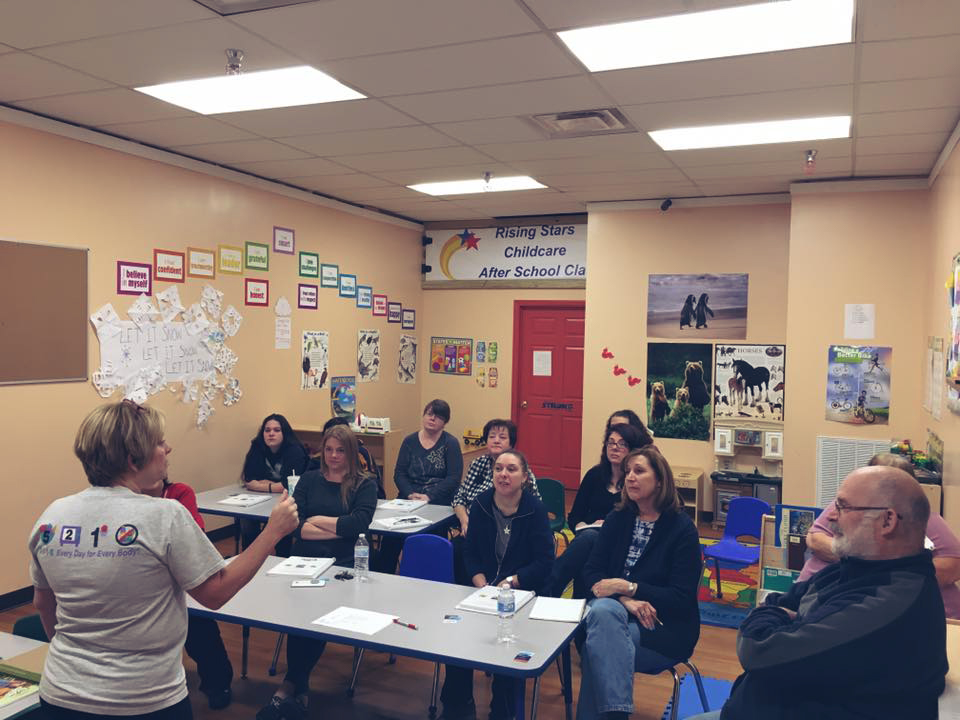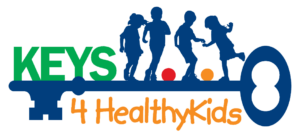KEY 2 A Healthy Start
Why?
Approximately 31.8% of children aged 2-19 are overweight or obese.
The trend begins in early childhood with 27% of children aged 2-5. According to The State of Obesity: Better Policies for a Healthier America released in September 2016, obesity rates declined in 31 states in the nation, but WV was not one of them. Instead, WV is one of four states that experienced an increase in obesity rates among 2- to 4-year-olds from 2010-2014. By taking part in this initiative, WV child care centers become leaders in reversing childhood obesity rates in WV and raising a healthier generation of kids.
What?
Participating child care centers attend 3 one-day, group learning collaborative workshops involving nutrition, physical activity, and role modeling.
They also receive on-site visits with one-on-one consultation and become a part of a peer learning network. During the group learning workshops, KEYS 4 HealthyKids staff, including pediatrician Dr. Jamie Jeffrey, take each program through the following quality improvement process:

1. Self-assessment: Identify strengths and areas for improvement regarding healthy eating practices and regular physical activity.
2. Goal Setting and Action Planning: Set goals for change.
3. Continuing Education for Child Care Providers: Increase staff confidence to make healthy changes through skill building activities.
4. Technical Assistance and Consultation: Link centers to resources to provide assistance.
5. Follow-up: Check-in with centers to assess progress and develop plans for continuous positive changes.
The learning collaborative workshops are free and participants will receive WV STARS credit for professional development. In addition, sites will receive physical activity equipment, myPlate portion plates, and other materials to meet health goals.
For participating centers:
Your Commitment
The project includes 3 group learning collaborative workshops and at least 3 site visits. There must be one contact person for each center that is responsible for communicating with their site facilitator.
- Cook must attend Workshop 1 dealing with nutrition and meal planning.
- Director or Assistant Director must attend all 3 workshop trainings.
- One teacher must attend all workshop trainings.
Our Commitment
- Receive a total of 18 hours of WV STARS credit per person (6 hours per workshop)
- MyPlates for each child ages 2-5 in the center
- Portable physical activity equipment
- Garden- indoor or outdoor garden elements (based on needs and preference)
- Parent outreach materials
- Assistance on obtaining additional resources as needed
Group Collaborative Workshops
Prior to the workshops: Participants begin by completing a Nutrition and Physical Activity Self-Assessment for Child Care (NAP SACC). The NAP SACC self-assessment and training tools can be viewed here.
Learning collaborative workshop 1 topics are comprised of nutrition, nutrition environment, gardening, and meal planning. The workshop format includes direct education with examples from participants, time for reviewing menus by a clinical dietician, discussion and networking. Programs review their assessment results and then are given dedicated time to set actionable goals and a step by step plan to achieve them. All centers will set at least three nutrition goals and one gardening goal. The process ensures that the goals become new policies within the childcare setting. Technical assistance during the workshop is provided to ensure the goals are specific, measurable, attainable, relevant, and time-bound.
The second learning collaborative workshop focuses on structured and unstructured play, supporting physical activity in the classroom, the science connecting physical activity to brain development, and screen time. A pediatric exercise physiologist presents an interactive session and provides various examples of how to incorporate physical activity into a curriculum for young children. As with the previous workshop, this group learning workshop allows for ample time to network and discuss with other centers and KEYS staff and partners. In previous years’ workshops, this type of informal sharing was found to be an essential part of learning, adopting new health policies and gaining buy-in from staff. After education and networking, time is set aside for each center to make three new goals relating to physical activity and screen time. In addition, workshop 1 goals are reviewed and any resulting new policies or practices are noted.
The third and final workshop focuses on role modeling by both parents and caregivers at the center. Emphasis is on taking healthy habits into the home with parent outreach as well as personal health and wellness for staff. It starts with a questionnaire about how each center reaches out to parents to elicit new ideas and ways to improve. Presenters include representatives from community resource organizations that can offer parent and staff education opportunities, tangible resources, and even center-wide events. This workshop also allows for ample time to network and discuss with other centers, KEYS staff and partners. Again after education and networking, time is set aside for each center to make three new goals relating to parent outreach, healthy celebrations, and personal health and wellness. Centers can be creative with their goals and how they plan on achieving them. Goals may range from hosting cooking classes or a pop-up farmers market through the health educators at WVU Extension, to additional staff training through the Health Educators at WV Early Childhood Training Connections and Resources, and/or policy changes on healthy celebrations for the holidays. Based on the willingness and readiness of the center’s capacity, KEYS staff and partners will connect select centers with additional resources to add other natural learning elements that increase physical activity and creative play. This would require a center that has involved partners and staff that are willing to plan community work days and fundraise.
Contact Jessica Dianellos at [email protected] or 304-388-3409 for more information.
This is a project administered through the non-profit, KEYS 4 HealthyKids. We do not license centers or evaluate for compliance in any way.

